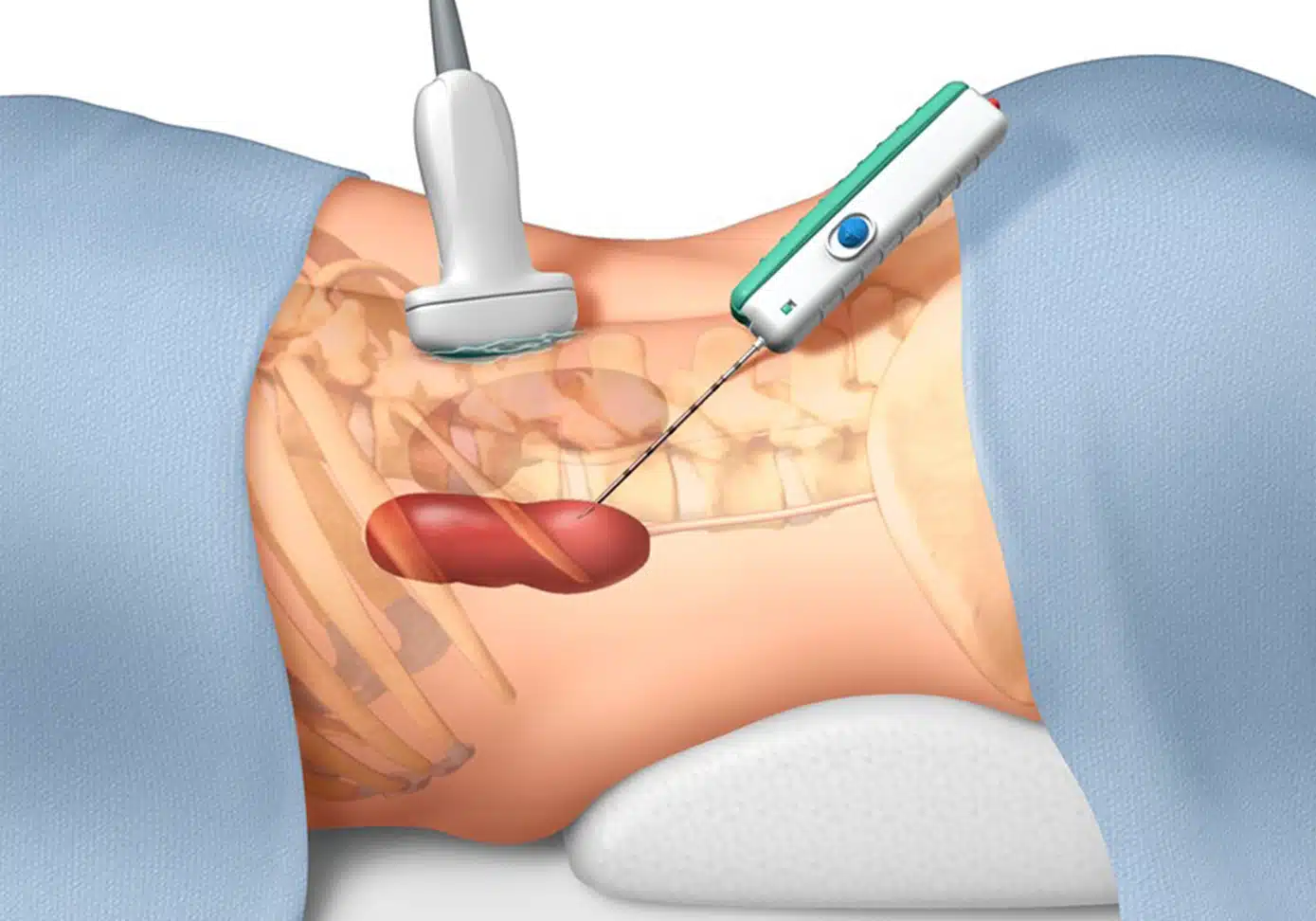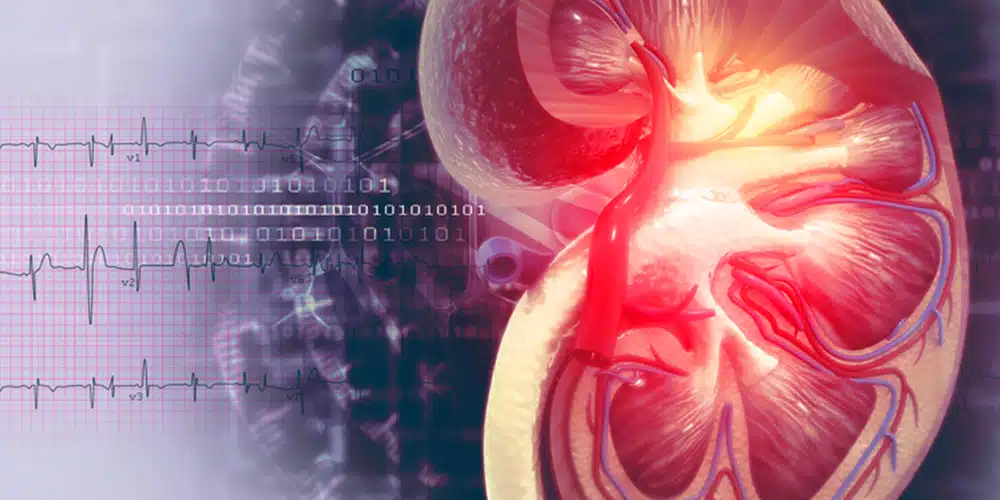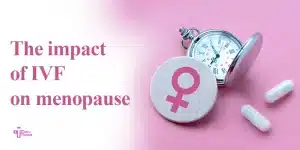What is a kidney transplant rejection?
The immune system defends our body by attacking the intruders. When you have a kidney transplant, your immune system detects your transplanted organ as foreign tissue and attacks it to protect your body! The immune system reaction causes kidney failure or at least damage to the transplanted kidney. Fortunately, by detecting the rejection in the early stages, your kidney can be treated. It is so essential to take your medications on time before long-lasting damage happens
Signs of rejection
Mostly, rejections happen during the first 6 months after the transplant surgery. As time passes, the risk of kidney transplant rejection decreases but it is still possible. A lot of rejection episodes can only be detected by a blood test. However, it is vital to know the most common signs and symptoms related to kidney rejection. If you notice any of the following symptoms, call your transplant team at once:
- Fever higher than 100 degrees Fahrenheit
- Tenderness and pain on the kidney-transplant site
- Flu-like symptoms like chills, nausea, vomiting, diarrhea, body aches, and headache
- Swelling
- Sudden weight gain of more than 2-4 pounds within 24-hour
- Serum creatinine increase
- Noticeable decrease in urine output
- Very high blood pressure
- Fatigue
There are other signs of rejection that can be detected through blood work; therefore, having a frequent blood test is essential especially during hospitalization days.
Identifying a kidney transplant rejection
Your transplant team can identify whether kidney rejection is occurring through three protocols:
- Repeated blood work
- Kidney ultrasound in order to check the blood flow to the kidney
- Kidney biopsy
For several weeks after the transplant, you need to give a blood test twice a week. As the renal function is stabilized, the number of blood work is reduced. After the transplant, a kidney biopsy is done in between 3-6 months and once again after one year to see if you are experiencing any signs of rejection.
What is a kidney biopsy?

Rejection treatment
Most rejections are mild and can be easily treated by changing the dosage of immunosuppressant medications. If the rejection is diagnosed, your doctor prescribes medications to prevent it from proceeding and treat the rejection. You may need to be hospitalized for 3-5 days or be treated in an outpatient way. Depending on the severity of rejection, your doctor determines the kind of treatment for you. They often increase the dose of anti-rejection medications for this aim. Never try to change or modify your medications. Discuss with your transplant team about your medications and how you should use them, because they may change especially during the first year.













